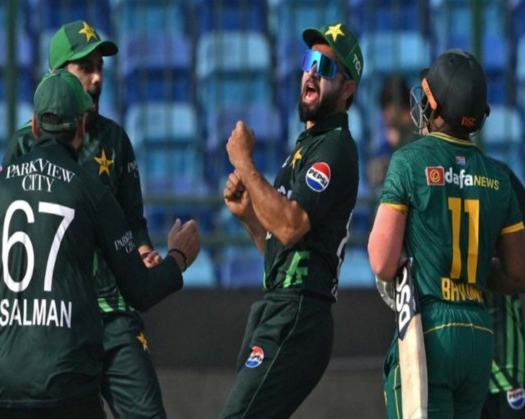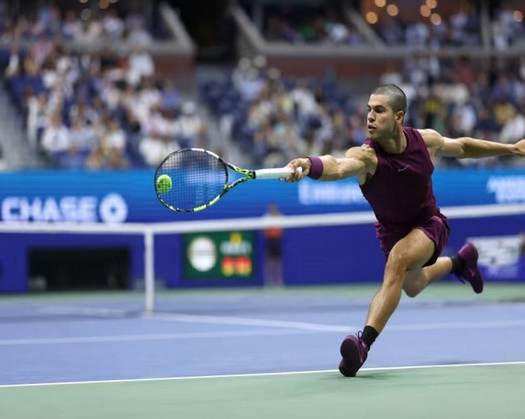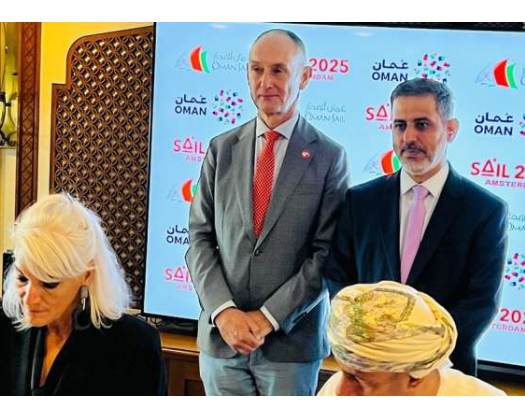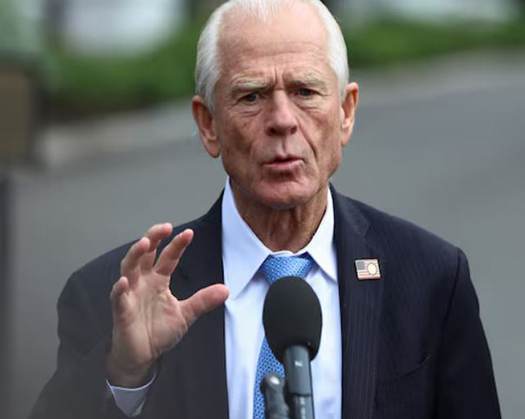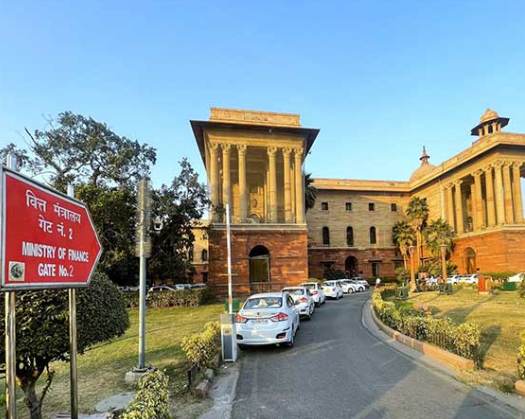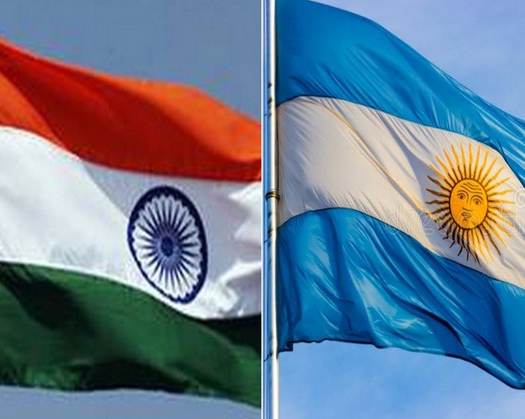New Delhi: As Pakistan prepares for their ICC Champions Trophy 2025 campaign against New Zealand in Karachi on Wednesday, several key issues are at the forefront. These include their impressive recent performance, which features two significant ODI series victories, concerns regarding the form of star batsman Babar Azam, and the lack of an impactful opener.
The defending champions will kick off their title defense against New Zealand on February 19 in Karachi, followed by a highly anticipated match against their long-standing rivals, India, on February 23 in Dubai. They will conclude the group stage with a match against Bangladesh in Rawalpindi on February 27. Known for their ability to create excitement and drama during ICC tournaments, thanks to a roster filled with superstar players and unpredictable performances, Pakistan aims to become only the second team, alongside Australia, to successfully defend their title.
Bilateral Performance
Leading up to the tournament, Pakistan has demonstrated commendable form in bilateral series. Their performance has varied from playing at a club level to dominating their opponents, but overall, the recent results suggest they are well-prepared for the competition.
In the lead-up to the tournament, Pakistan has secured victories in all three of their bilateral series, including two away matches, and reached the final of a tri-nation series at home against New Zealand and South Africa. Notably, they achieved their first ODI series win in Australia since 2002 and their inaugural ODI series victory in South Africa, both of which serve as significant confidence boosters. Since the conclusion of the 2023 50-over World Cup, Pakistan has played 12 ODIs, winning eight and losing four.
Here is a summary of their performance in bilateral and tri-series: against Australia (away, won 2-1), against Zimbabwe (away, won 2-1), and against South Africa (away, won 3-0), as well as their tri-nation series against New Zealand and South Africa (finished as runners-up to New Zealand).
Positives:
- Winning momentum: The significance of winning momentum cannot be overstated, especially in a fast-paced tournament where timing is crucial. Pakistan has achieved two significant ODI series victories and secured eight wins out of 12 matches since the last 50-over World Cup. This success, particularly in challenging conditions, provides the team with a wealth of confidence and inspiration.
- Home advantage: Competing primarily on home soil is a considerable benefit. With the exception of the match against India, Pakistan will play most of their matches at home. Their recent experience in reaching the tri-series final further enhances their ability to leverage this advantage.
- Skipper Rizwan's fine form: Captain Rizwan has embraced his leadership role, evidenced by his impressive tally of 435 runs in 10 innings, averaging 62.14, which includes one century and two half-centuries. This performance has instilled him with significant confidence and drive.
- Strong pace trio: The pace attack comprising Shaheen Shah Afridi, Haris Rauf, and Naseem Shah has shown commendable form, despite occasional challenges. This trio ranks among the world's elite and has consistently performed at a high level during ICC tournaments.
- Positive record against India: In contrast to their performances in the 50-over and T20 World Cups, Pakistan holds a 3-2 advantage over India in the Champions Trophy, highlighted by their 180-run victory in the 2017 final, where they triumphed against a formidable Indian side led by star batter Virat Kohli. They enter Dubai with significant momentum, bolstered by the presence of Fakhar Zaman, a key player from that victorious squad.
- Fakhar's X-Factor: Fakhar Zaman is currently in outstanding form in ODIs. Since the beginning of 2023, he has played 22 ODIs, amassing 989 runs at an average of 52.05 and a strike rate of approximately 96, including four centuries and three fifties.
Salman Agha's pivotal contributions: The all-rounder has consistently stepped up for Pakistan in challenging scenarios across all formats and is currently excelling in ODIs. Following the World Cup, he has accumulated 428 runs in nine innings over 12 ODIs, boasting an impressive average of 53.50, which includes one century and one half-century. Additionally, he has claimed 12 wickets at an average of 26.66, with his best bowling figures being 4/32.
*Challenges:
-Absence of Saim Ayub: The young opener, Saim Ayub, is sidelined from the tournament due to injury. At just 22 years old, he represented a dynamic shift for Pakistan, often providing explosive starts. In the nine matches following the 2023 World Cup, he was the team's leading scorer with 515 runs at an average of 64.37 and a strike rate of 105.53, including three centuries and one fifty. His absence will undoubtedly be a significant loss for Pakistan.
-Babar Azam's performance: The former captain has not registered an international century since August 2023 and is finding it difficult to convert promising starts into substantial scores. Since the conclusion of the 2023 World Cup, Babar has amassed 290 runs in nine matches, averaging 41.42 with a disappointing strike rate of 77.54, including two half-centuries and a top score of 73. In the recent tri-series, he struggled as an opener, a role he may need to fill during the Champions Trophy, managing only 62 runs in three innings.
*Insufficient spin options: Pakistan is facing a shortage of effective spin bowling options when they are most needed. With Abrar Ahmed as the primary spinner and part-time contributions from Salman Agha and Khusdil Shah, they do not pose a significant threat to teams that may struggle against spin. In spin-friendly conditions, particularly in Dubai, Pakistan lacks the necessary arsenal.
Top performers from the conclusion of the 2023 World Cup to the present:
Leading run-scorers: Saim Ayub has amassed 515 runs in nine innings, boasting an impressive average of 64.37 and a strike rate of 105.53, including three centuries and one half-century. Mohammed Rizwan follows with 435 runs in ten innings at an average of 62.14, featuring one century and two fifties. Salman Agha has contributed 428 runs in nine innings, averaging 53.50 with one century and one fifty. Babar Azam has scored 290 runs in nine innings at an average of 41.42, including two fifties. Lastly, Kamran Ghulam has made 210 runs in seven innings, averaging 30.00 with one century and one fifty.
Top wicket-takers: Shaheen Shah Afridi leads with 21 wickets in nine matches, averaging 22.04. Haris Rauf has taken 14 wickets in nine matches at an average of 22.42. Abrar Ahmed has claimed 13 wickets in seven matches, averaging 30.04, while Naseem Shah has also taken 13 wickets in nine matches, with an average of 36.84. Salman Agha rounds out the list with 12 wickets in 12 matches, averaging 26.66.
Pakistan squad: Mohammad Rizwan (captain), Babar Azam, Fakhar Zaman, Kamran Ghulam, Saud Shakeel, Tayyab Tahir, Faheem Ashraf, Khushdil Shah, Salman Ali Agha, Usman Khan, Abrar Ahmed, Haris Rauf, Mohammad Hasnain, Naseem Shah, and Shaheen Shah Afridi.

